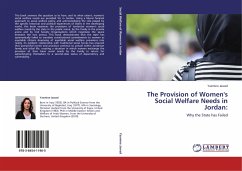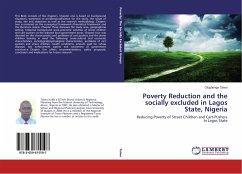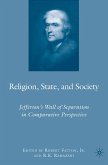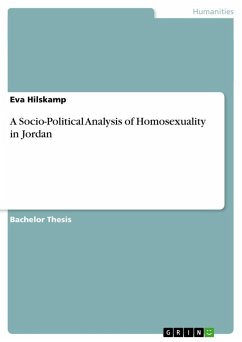This work examines how state and society conceptualized land ownership in Transjordan/Jordan from the late Ottoman era through the 1950s, and how the resulting interaction between them shaped the socio-economic and political contours of modern Jordan. Based on archival and governmental records in Jordan, Israel, Britain, and the United States, the study links land tenure in Jordan with the successful political viability of that country. The book details Ottoman, British, and Jordanian land and taxation policies and explains the varying degrees of cooperation with these exhibited by landowners. It notes the impact of the policies upon land tenure and upon popular conceptualizations of what "property" and even "Jordan" meant. It also studies the political consequences of Jordanian land policy for both Zionists and Palestinians.
Hinweis: Dieser Artikel kann nur an eine deutsche Lieferadresse ausgeliefert werden.
Hinweis: Dieser Artikel kann nur an eine deutsche Lieferadresse ausgeliefert werden.








